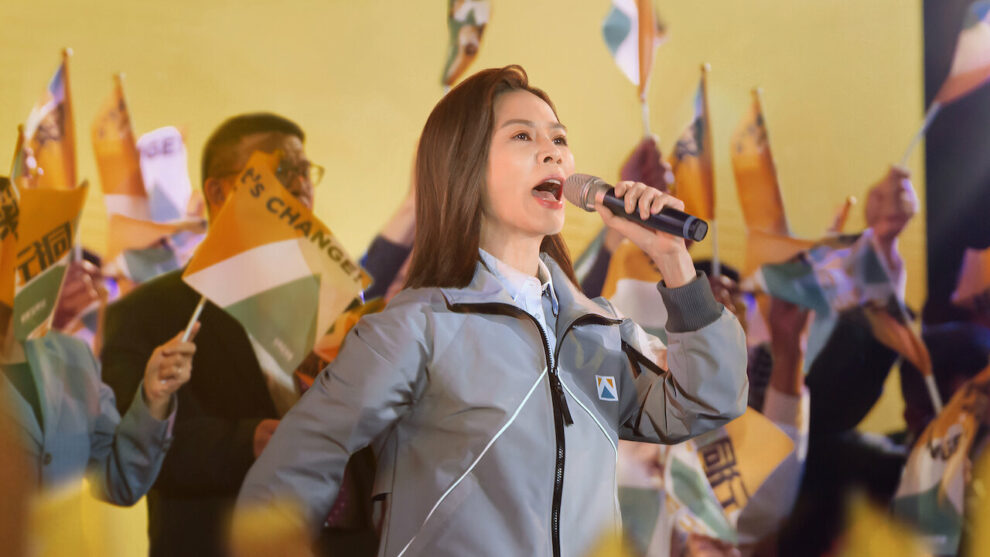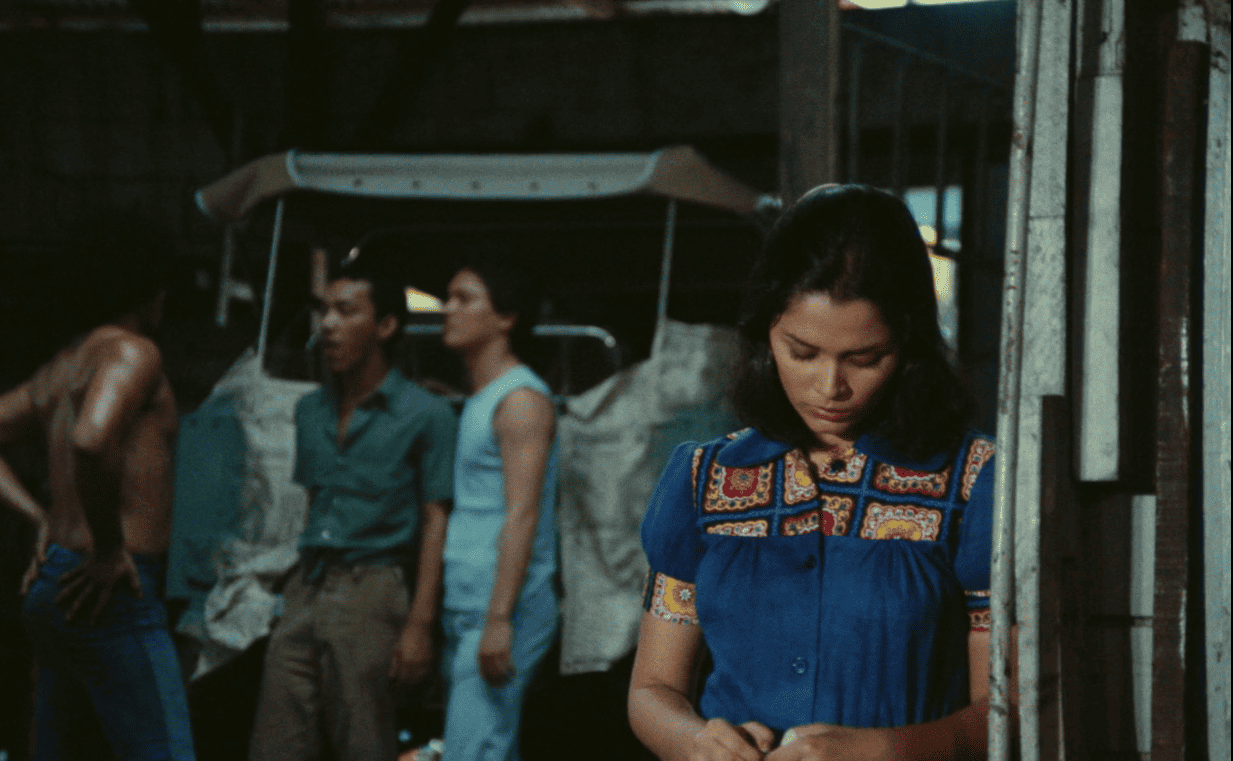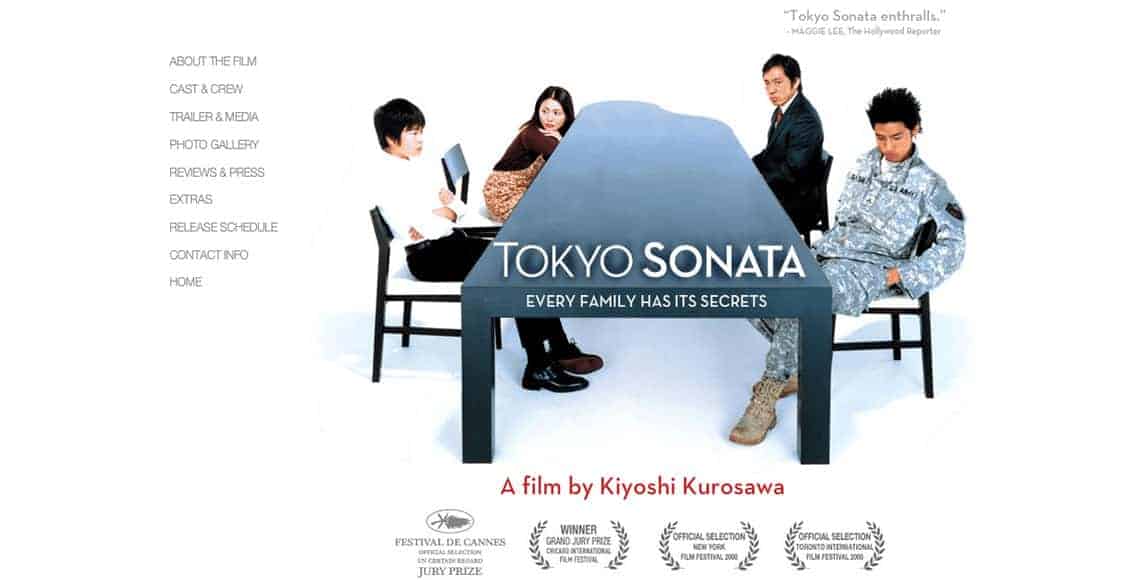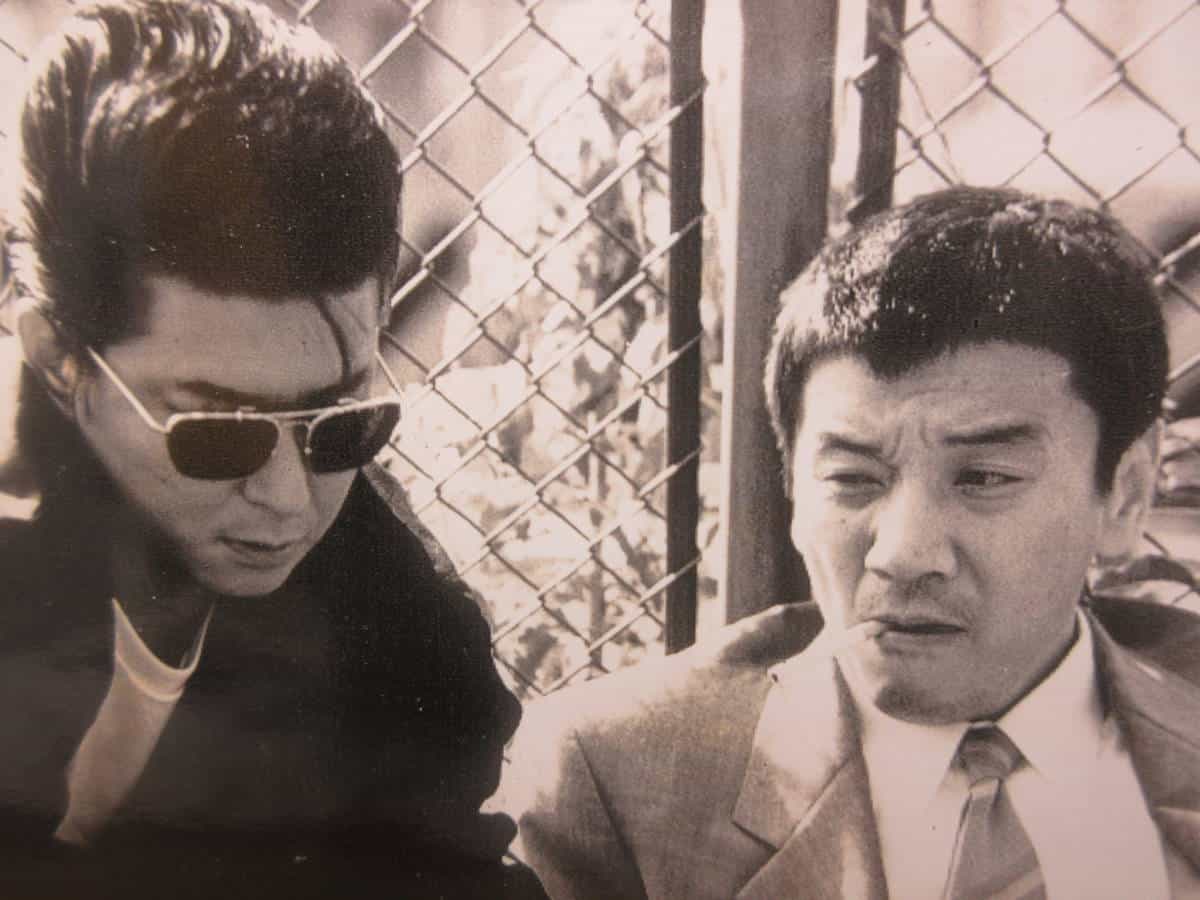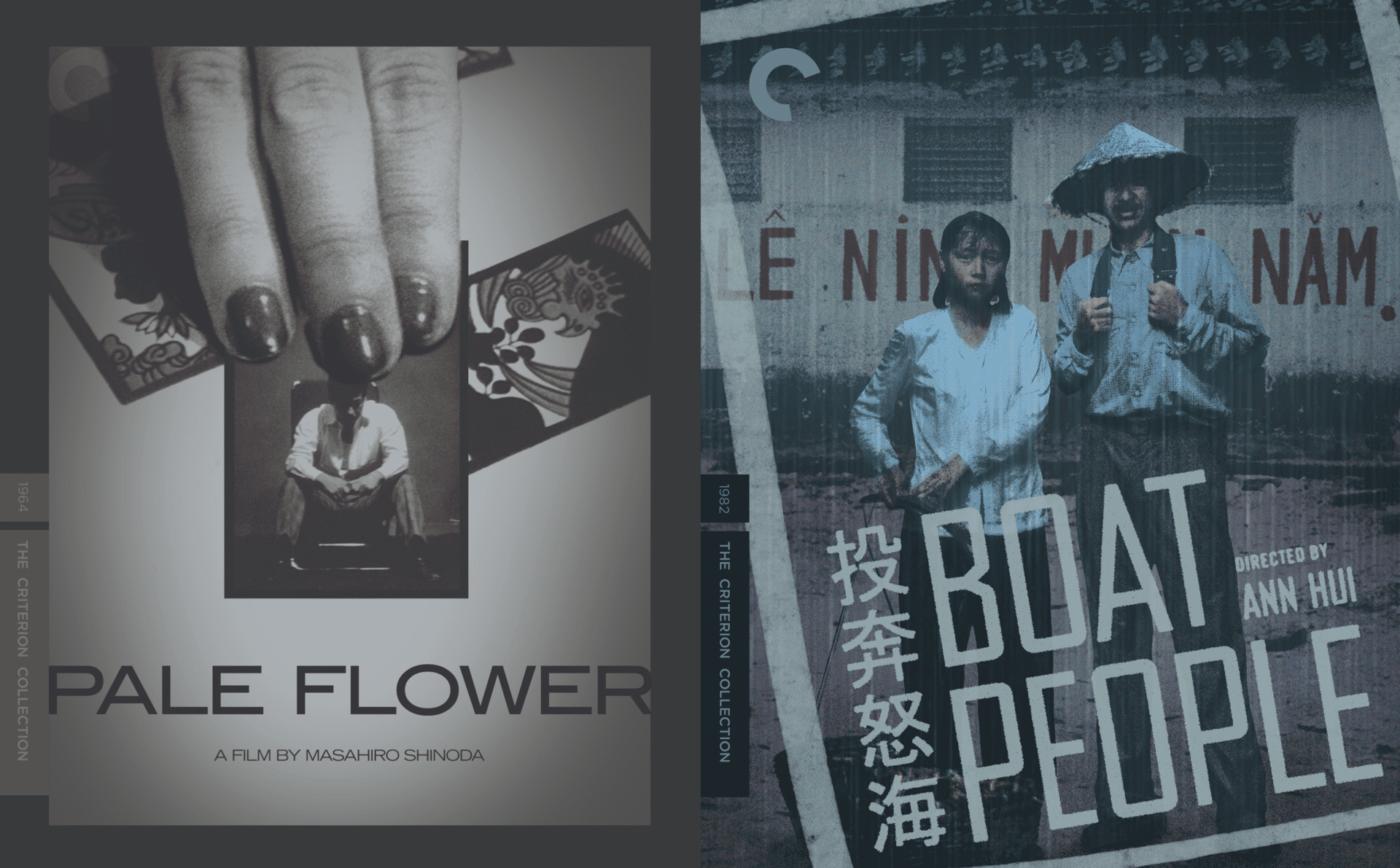Following what happened in the US during the last decade or so, the quality of Asian dramas has skyrocketed during the last few years, with a significant surge of talent from cinema towards streaming platforms, with Korea definitely paving the way in the regard, and Japan following. The result is quite impressive to watch, since, frequently, the level of these titles is equal to the one of movies.
Without further ado, here are 20 Asian dramas in random order proving the fact in the most eloquent fashion.
1. Cigarette Girl by Kamila Andini (Indonesia, Netflix)
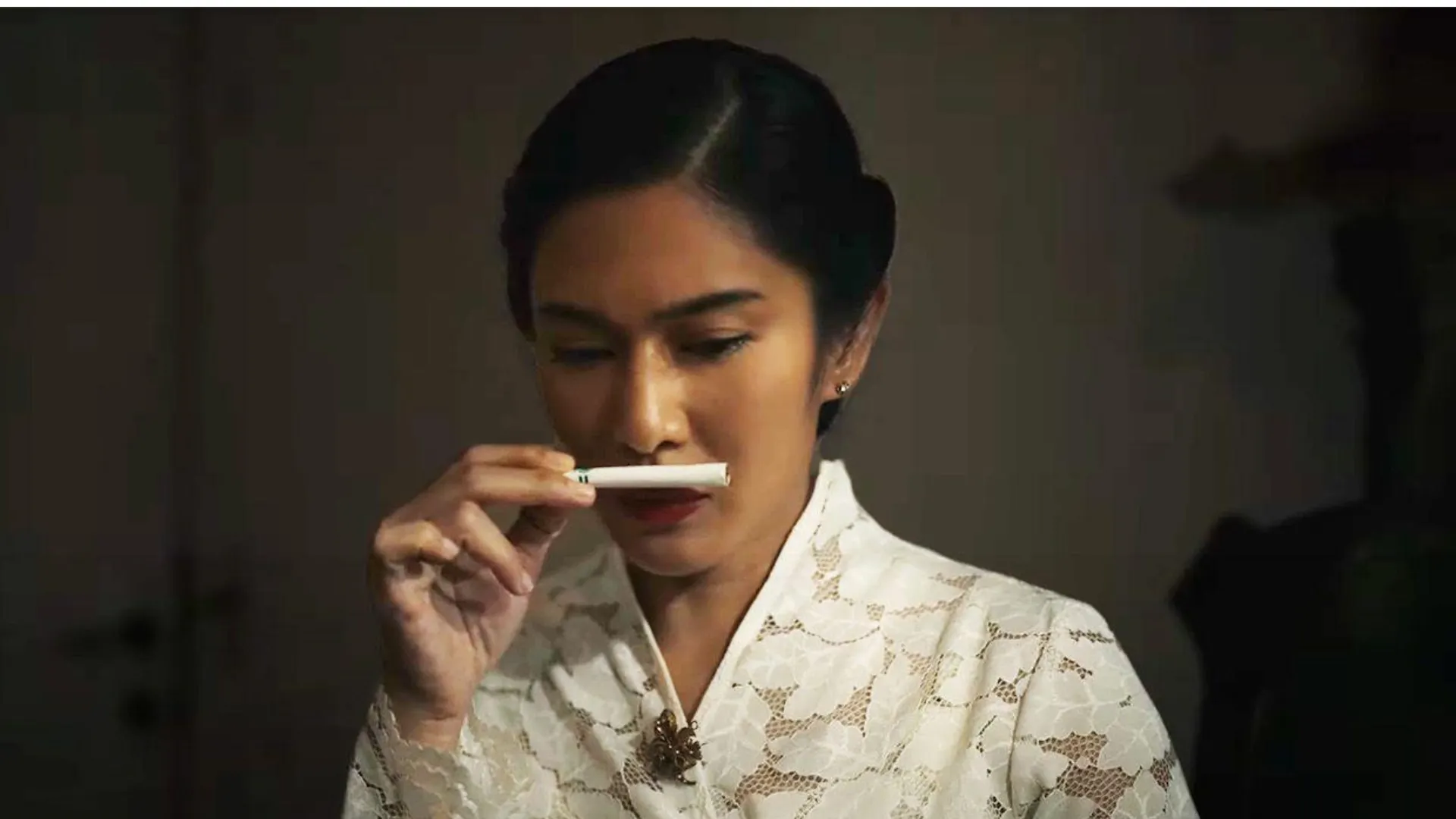
“Cigarette Girl” is not a typical story of two broken hearts crushed by unfortunate circumstances, a trope over-used in the soap opera format. It also has a bit of history to offer alongside a basic insight into the women's hardships in Indonesia not such long time ago. “Your duty is to clean the house and find yourself a husband” is the way other men in the industry speak to Dasiyah who – treated as unequal doesn't stand a chance to negotiate with them. Tobacco production and sale, just like smoking, is men's thing. On the other hand, punishment for disobedience on the job is equally merciless for both sexes. (Marina Richter)
2. The Deal by Lee Jung-gon (S. Korea, Wavve)
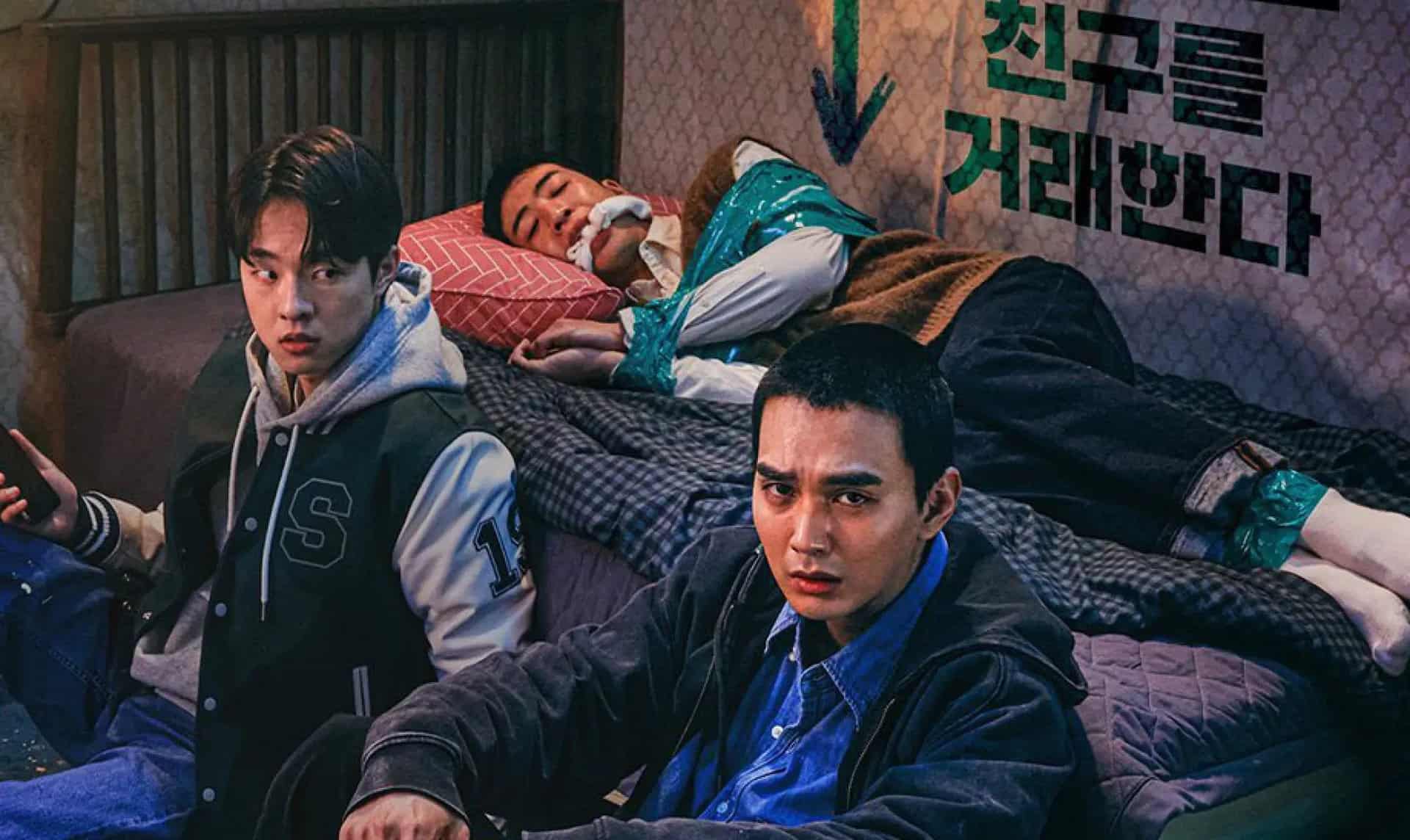
Probably the most explosive aspect of the whole series though, is the dynamics between Joon-sung and Jae-hyo, with the upper hand changing a number of times and their differences as characters, as much as the fact they find themselves in the same situation, resulting in the most intriguing element of the drama. Even more so since both Yoo Seung-Ho and Kim Dong-Hwi give impressive performances, also highlighting their wonderful chemistry. Yoo Su-Bin as Min-woo is quite good too, in a role that switches between the dramatic and the comical convincingly. (Panos Kotzathanasis)
3. Big Bet by Kang Yun-sung (S. Korea, Disney+, Hulu)
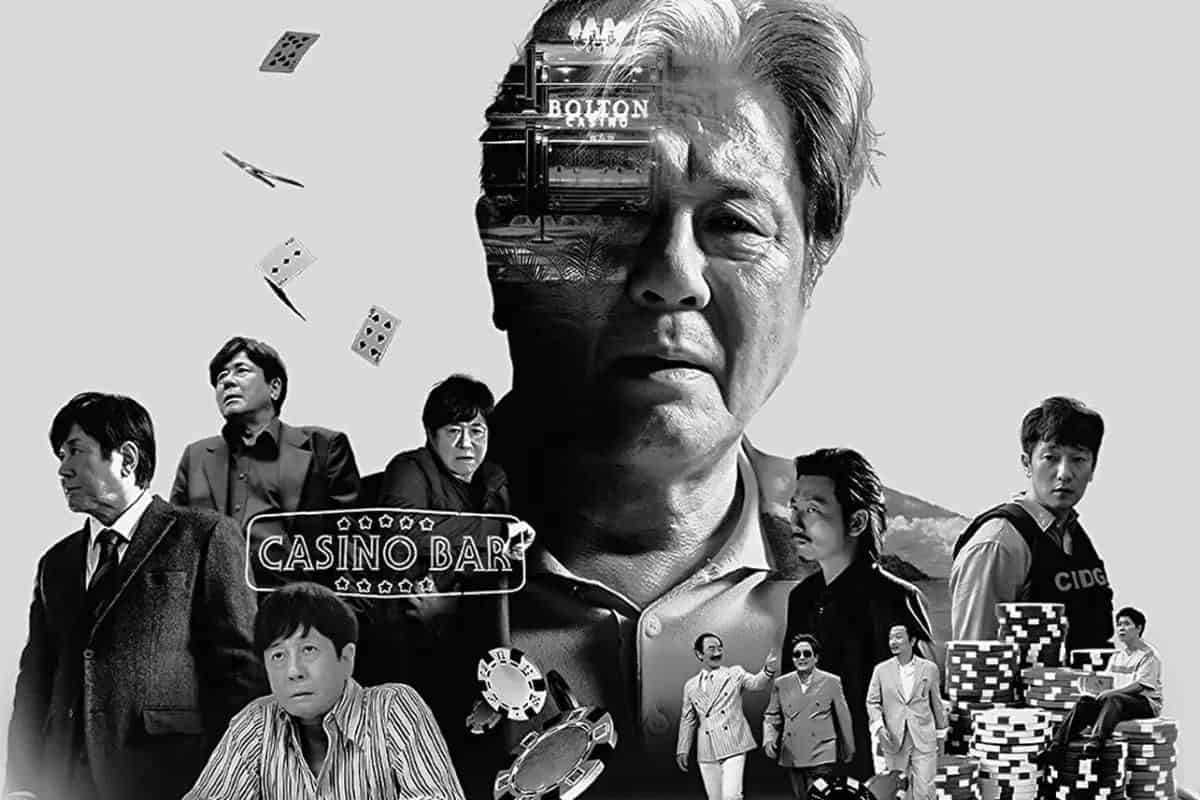
Kang Yun-sung, known for the blockbuster movie “The Outlaws” (2017), directs his first drama – a sprawling, big budget, crime action saga with casino kingpins and gangsters set in both South Korea and the Philippines. Well worth a watch for the cast headlined by both veteran and experienced actors from both countries including Choi Min-sik, Kim Hong-fa, Son Sok-ku, Lee Dong-hwi, Bembol Roco, Ronnie Lazaro, Epy Quizon and Nico Antonio. A classic “money is the root of all evil” story with high-stakes negotiations and betrayals as well as quite the explosive ending. (Suzie Cho)
4. The Makanai: Cooking for the Maiko House by Hirokazu Koreeda (Japan, Netflix)
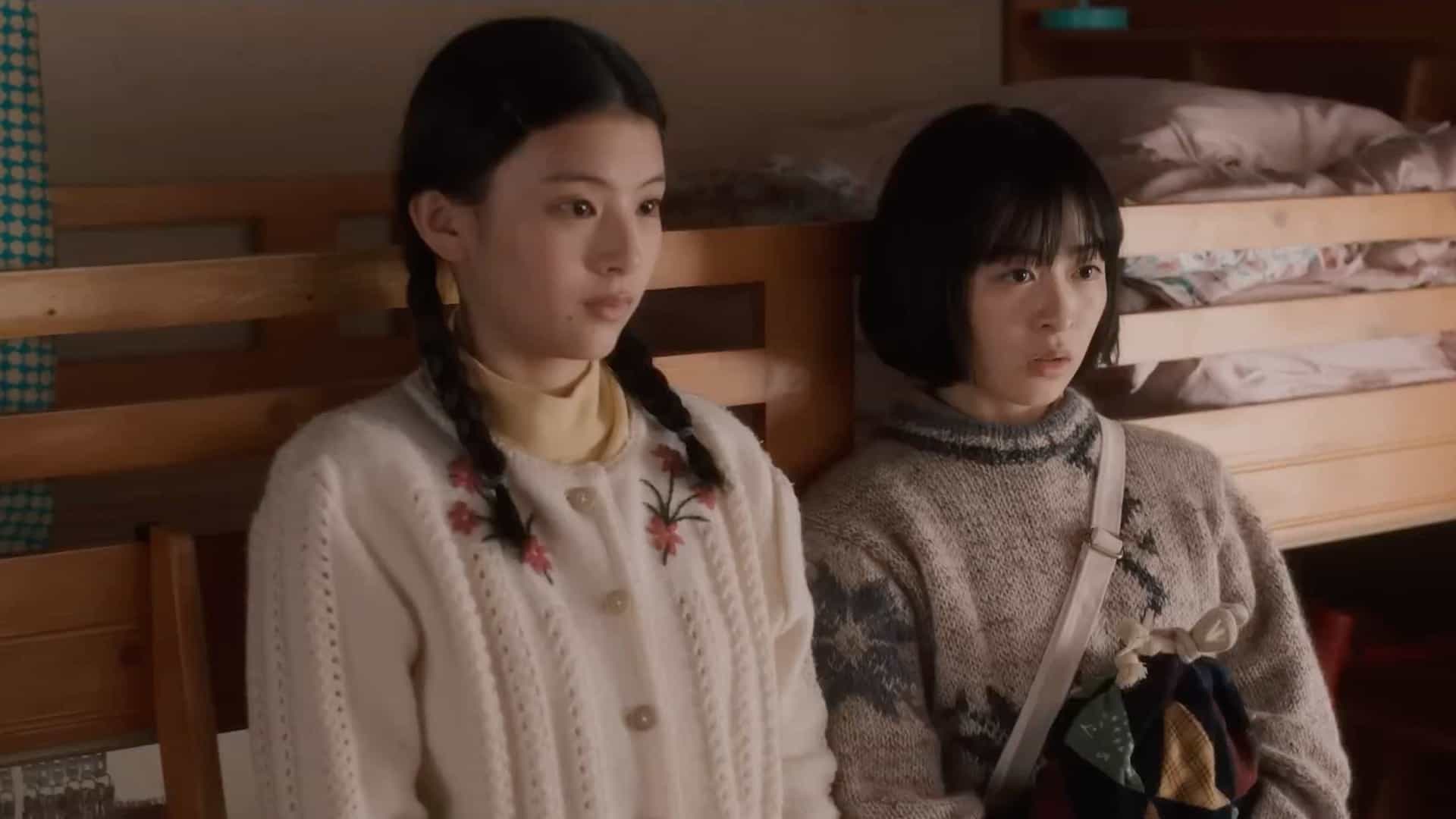
In the years that followed his debut, some specific themes have become synonymous with Koreeda's filmmaking style. “The Makanai” makes no exception, in fact, it includes many of the director trademark themes; here are some. Fist of all, family and parenthood. He delves into the emotional intricacies of family relationships, including the bonds between parents and children, siblings, and extended family members. In particular, films like “Like Father, Like Son” and “Shoplifters” have explored the idea of what defines a family beyond the blood line. Here, the geiko house is a surrogate family for the girls and the nurturing nest they choose to enter. Moreover, within his recurrent family analysis, a more focused sub-theme is Koreeda's representations of absent or difficult paternal figures. Here we have Azusa's daughter Ryoko, troubled by a missing paternal role-model and the struggle to accept her mother's delicate romance with another man. On the other hand, Sumire has a father who struggles to accept his daughter's life choice and Kiyo has no other family than her grandmother. Men in general are relegated into minor roles in “The Makanai”, a bartender, a postman, a photographer, the house attendants and suppliers. (Adriana Rosati)
5. The Actor by Nima Javidi (Iran)

It is easy to say that the first episode is astonishing. Filled with twists, surprises, intense humor and a pinch of romance with Morteza's girlfriend who works in a perfume story, the episode is as entertaining as possible from beginning to end, highlighting both Javidi's direction and the performances and chemistry of Navid Mohammadzadeh as Ali and Ahmad Mehranfar as Morteza, who are a true wonder to watch, either as actors or outside the line of work. Javidi actually plays with this last concept, with a number of scenes where it is not easily discernible what the duo is doing, in an element that retains a very appealing sense of disorientation which is quite entertaining throughout. (Panos Kotzathanasis)
6. The Days by Masaki Nishiura and Hideo Nakata (Japan, Netflix)
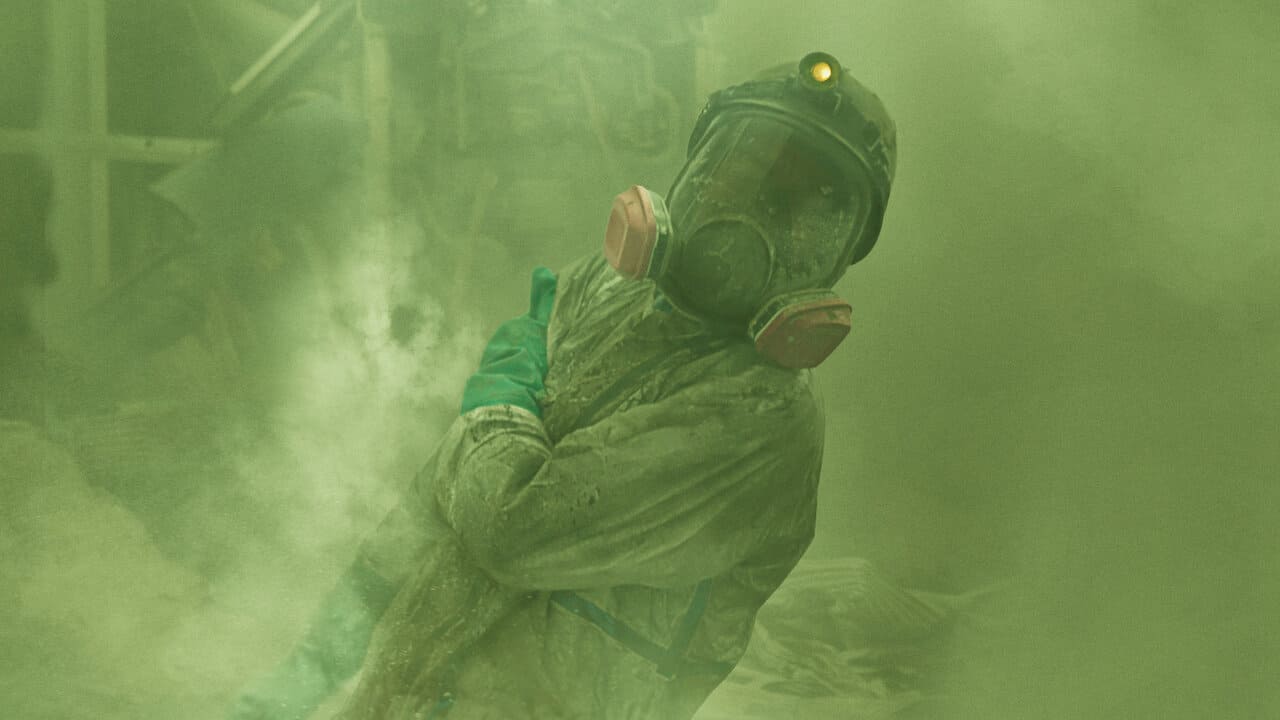
The “arc” of the people in the control room unfolds much like a horror movie, with the intense darkness and the constant accidents being the main elements of the narrative, until the fact that all of the people there are doomed becomes apparent. It is in this part that the expertise of Hideo Nakata in horror movies shines, with the parts being quite scary, even more so since the events are actually real. The intense lack of light does become a bit annoying at times, but considering those were the actual circumstances the workers faced, it is to be expected. In general, agony, particularly deriving from the many unpleasant surprises everyone involved faced, is a major factor of the narrative, with both directors handling it pretty well. Some melodramatic notions do exist, particularly towards the end, and in a more minor arc, mostly taking place in the house of a worker that is missing, but in general, this aspect is held under reins. (Panos Kotzathanasis)
7. Shadow Detective Season 2 by Han Dong-hwa (S. Korea, Disney+, Hulu)
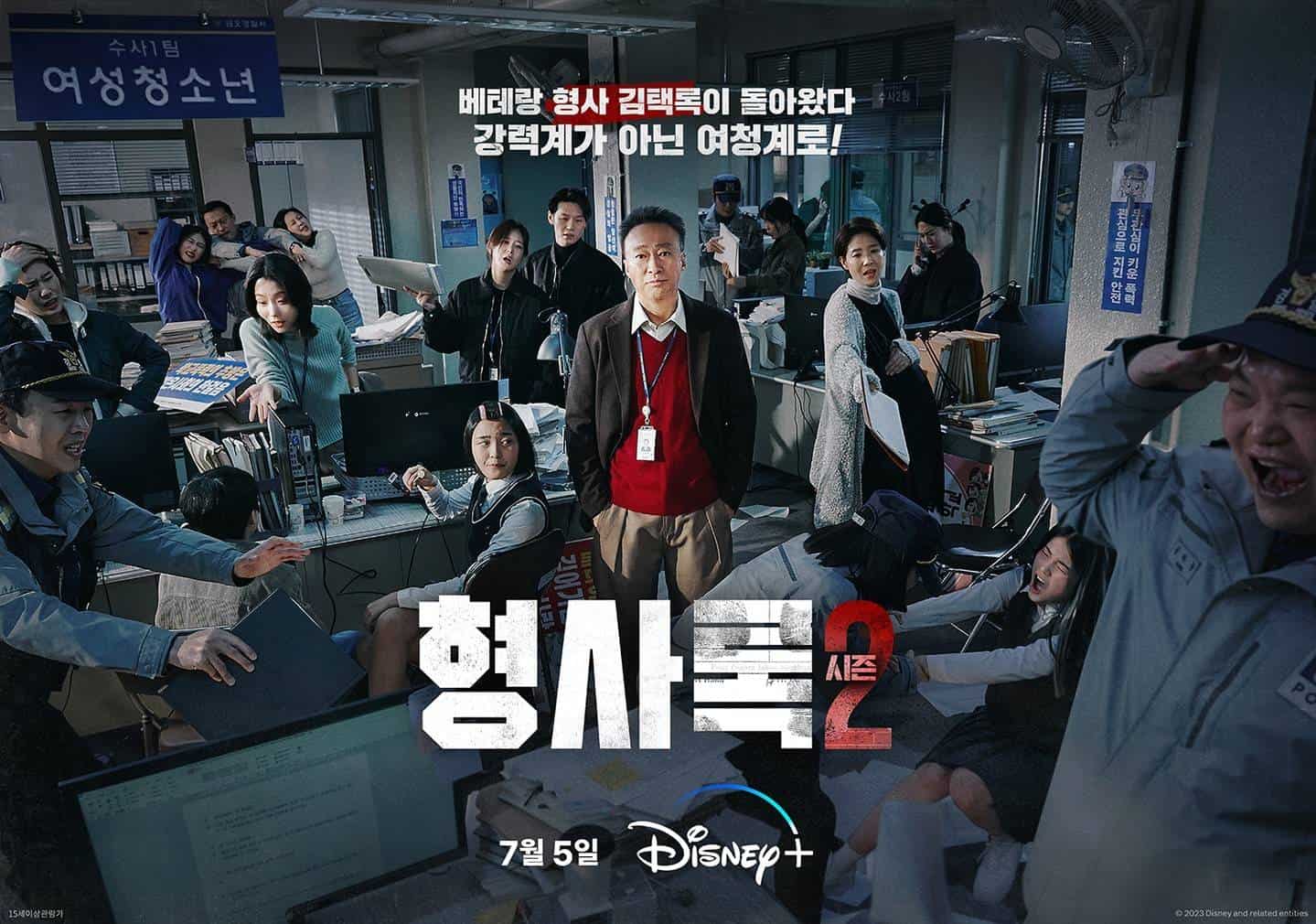
This two-part series (16 episodes in total) is one for faithful fans of the crime suspense, police procedural genre. It is always a pleasant surprise when the follow-up season delivers the same (if not greater) level of satisfaction as the first. The prolific Studio Dragon serves up another round of intense and impressive episodes where 친구 (chingu or friend in English) takes on a whole different meaning, loyalties are tested, betrayals abound and Detective Kim Tae-rok ponders the price of justice. Lee Sung-min's powerhouse performance is mesmerizing and he is supported by a solid cast of returning and new cast members. (Suzie Cho)
8. Mask Girl by Kim Young-hoon (S. Korea, Netflix)

“Mask Girl” is one of the few female-centric revenge-themed dramas where the women are doing things for themselves. The social commentary on lookism and internet stardom in South Korea is brutally honest and sarcastic. There is no reliance on any romantic Prince Charming-esque notions that have tripped up “The Glory” and “Celebrity”. In fact, the men are rendered as secondary and villainous. Colourful yet dark, predictable yet unpredictable – an enjoyable thriller series that serves up more violence and confrontations than neat and tidy endings. The casting of Lee Han-byul in her first acting role as Kim Mo-mi is spot-on; plus Nana and Go Hyun-jung who are both very effective with continuing the character at the different stages and ages of her life. Yum Hye-ran is also a stand-out, cementing her status as one of the consistent and versatile performers in the industry. (Suzie Cho)
9. Vigilante by Choi Jeong-yeol (S. Korea, Disney+, Hulu)
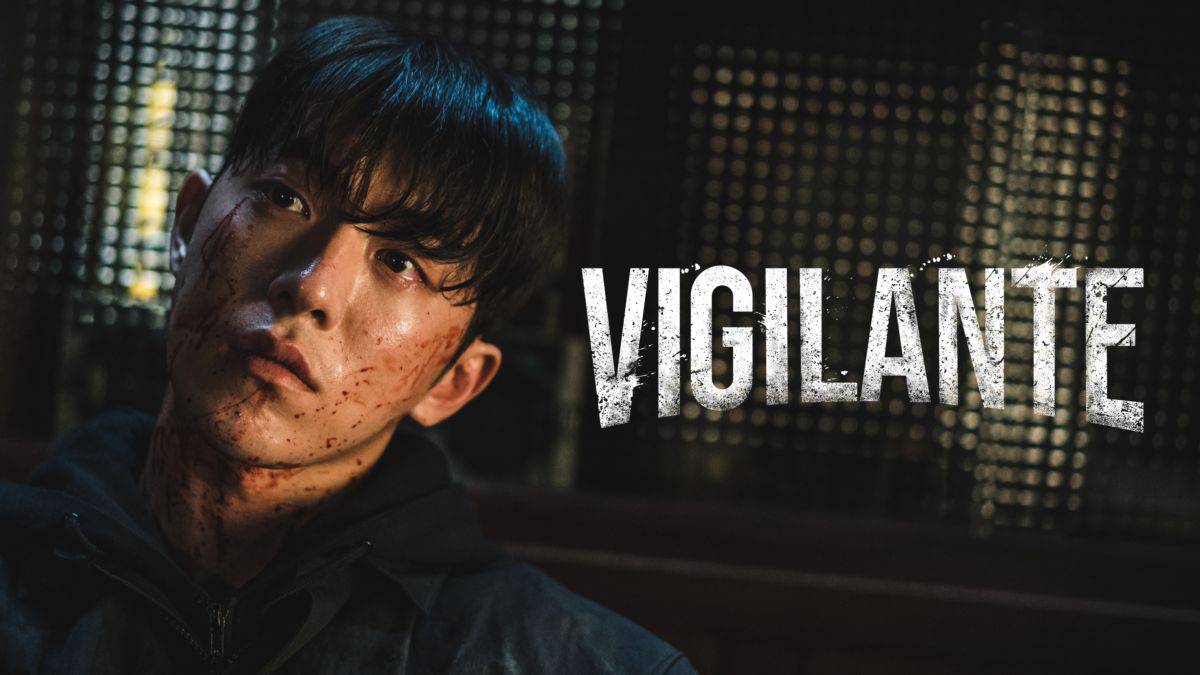
After one too many wearisome KDramas with the “taking justice into own hands” trope, Choi Jeong-yeol's live-action adaptation of CRG's webtoon may not be innovative but it is a compelling and entertaining watch. Fast-paced with breathtaking action choreography as well as impressive cinematography emphasizing the two sides to anti-hero Kim Ji-yong (Nam Joo-hyuk) – by day he is an exemplary police university student, by night a hoodie-clad punisher. Not a second is wasted on fillers, some may argue at the expense of character development. But this is a plot-driven storyline and compensated for by a talented cast who infuse their characters with just the right amount of composure, stoicism and gravitas. Except maybe for Lee Joon-hyuk as the chaebol sidekick who is in a class of his own, absolutely wacky and a delight to watch. (Suzie Cho)
10. The Long Season by Bob Xin Shuang (China, Tencent Video)
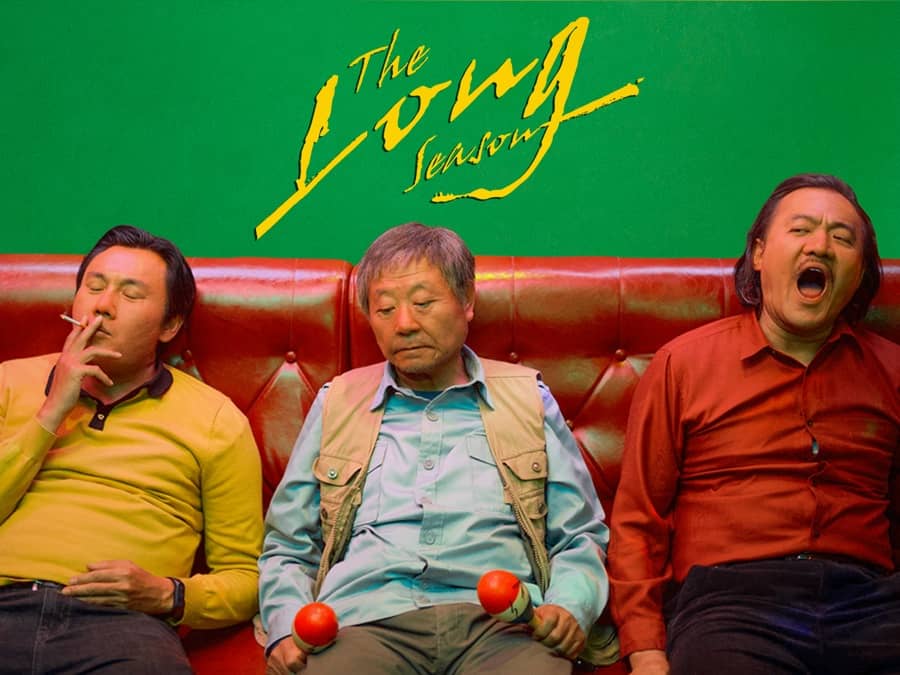
With 2020's hit series “The Bad Kids” in the bag, Xin Shuang follows up with a different tale of a still grieving father desperately seeking answers for the death of his son almost two decades ago. Marketed as a murder mystery, and while these elements are well-presented albeit procedural, the series is best viewed as a somewhat intense slice-of-life depicting the life and times of a small industrial town in Northeastern China. Flashbacks to the late 1990s provide fascinating insights into the economic reforms and social upheavals of that period when the townsfolk's livelihoods and dreams hang in the balance. Present day circumstances (circa 2016) are ironically depicted as almost depressing once the government has seemingly withdrawn its “iron rice bowl”. The three protagonists (the same number again just like in “The Bad Kids”) this time are much older but none the wiser – their camaraderie, desperation and determination all capably handled with pathos by veterans Fan Wei, Qin Hao and Chen Minghao. The final message is poignant if not a tad too sentimental. (Suzie Cho)


